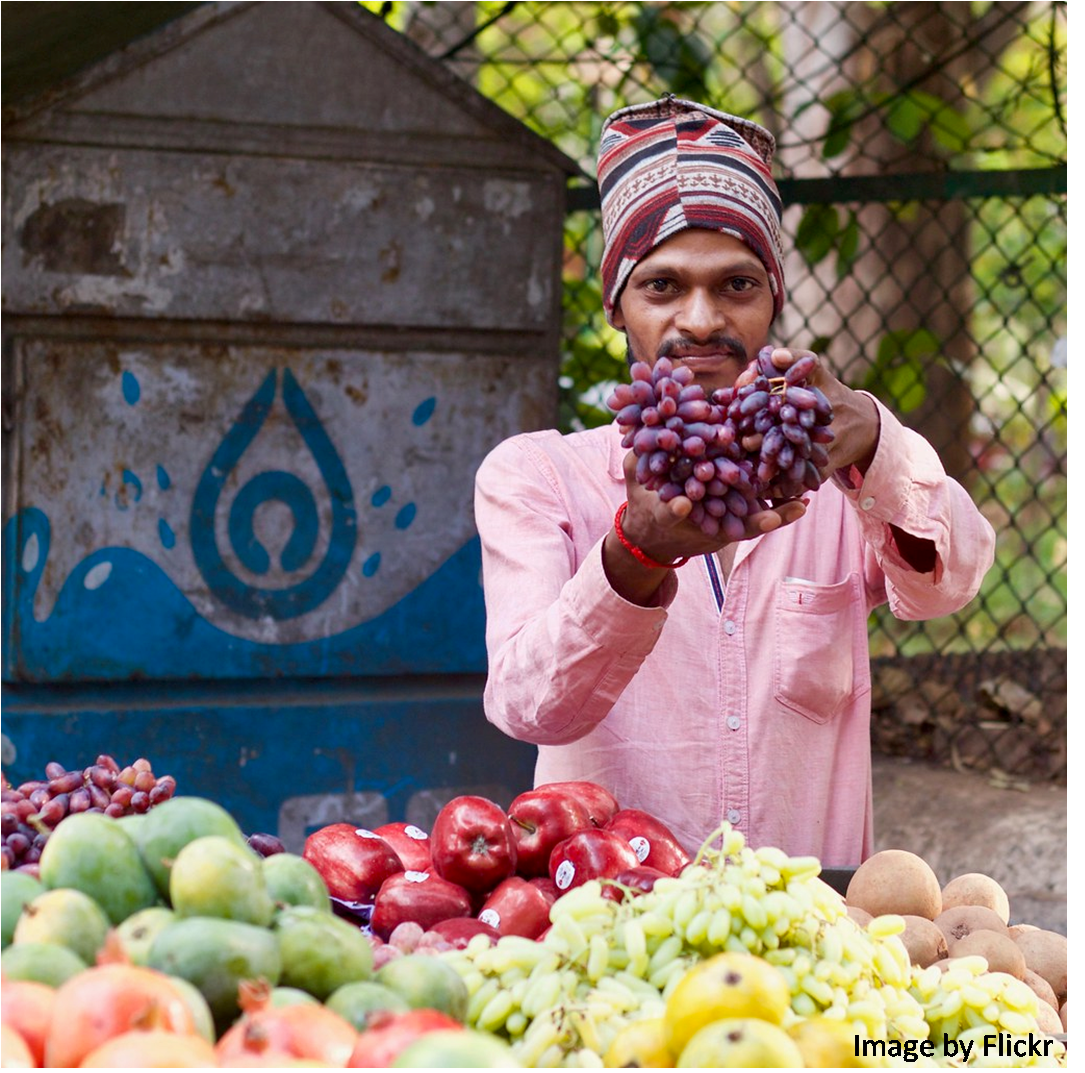Towards the end of the 1970s North Carolina had more prisons and higher incarcerations than any other state in the country. Many of the inmates were incarcerated for minor crimes; most of whom came from minority communities.
Over the years, the US decommissioned nearly 300 prisons across the country, 50-60 of which are in North Carolina. This was done as the government had decided to consolidate smaller prisons into larger ones.
In 2020, a third of the population of Lumberton city, Robeson lived below the poverty line. As per County Health Rankings, around 20-25% people of Robeson and Scotland County experience food insecurity. Moreover, these counties had been ranked among the least healthy counties across the country.
In and around Robeson and Scotland County, North Carolina, a non-profit called Growing Change has spent years working for the betterment of existing interracial communities.
Growing Change initially engaged with young men on juvenile probation – those who had been kicked out of their schools and homes. 2016 onwards, they started welcoming youth facing trouble at home; failing at school; those dealing with mental health or drug abuse; and those involved with the criminal justice system. To these youngsters, Growing Change offers programs consisting of mental health treatments, honing a sense of self-efficacy and a chance to develop the skills and attitude suitable for employability.
The central theme of the organisation’s work is to give back to the community. Even in the years prior to the pandemic, participants who tended to the gardens, distributed the produce among community members who needed it. In turn, the community started viewing these once troubled young men differently.
The founder of Growing Change, Noran Sanford – social worker and mental health therapist, acquired a lease of one such facility, abandoned and unkempt, from the state’s Department of Public Safety at no cost – Scotland Correctional Center in Wagram, Scotland County.
The organisation put its affiliated youth in charge of creating and achieving the collective vision of transforming the 67 acre facility compound into an education center and sustainable farm. Seizing this opportunity, the youth have presented their ideas to universities and government offices in NC, gaining their support and guidance especially for agrarian and design tips.
Through this initiative Sanford wishes to address the following problems:
- high number of young people entering the criminal justice system
- absence of job opportunities for veterans
- decline in small, independent farmers in the area
- residents’ lack of access to local, sustainable food
- health disparities between urban and rural areas
“The vision to take something discarded, unsightly, and unproductive and turn it into a working organization that serves a variety of purposes is unprecedented,” said Scotland County Commissioner Carol McCall.
Participants are engaged in numerous tasks required for the transformation of the facility. They are salvaging usable materials from the facility to make modifications to the cells and fields for better management of processes. The multitude of activities consist of: bee-keeping, poultry farming, sheep herding for wool and meat, composting & vermin-culture and organic farming.
Future plans include the creation of aquaponic tanks; cultivation of mushrooms in former prison cells; setting up a certified community kitchen; a prison history museum; a climbing wall up a guard tower; a recording studio in what remains of the solitary-confinement building; and of course staff quarters and office space.
Sanford creates revenue streams to compensate the youth and pay for the program. They sell the meat and wool from the sheep, eggs and salad greens. Due to the pandemic they decided to supply the produce from their farms to the community for free though they eventually plan to grow the ingredients for ‘chow-chow’ — a recipe honoring the various backgrounds of program participants: collards for the African-American, tomatoes for the Native Americans, cabbage for the Scotch-Irish, and jalapeños for the Latinx — and offer the product for sale.
Aspiring to create a replicable model, Sanford is currently creating an open-source prison-flipping model with step-by-step instructions and online resources. He is planning to distribute it to each of the communities with the 300 aforementioned closed prisons later this year via the national cooperative extension system.
His vision is to help low-wealth Americans convert spaces meant to confine and punish into spaces that nourish and rehabilitate.
When it comes to rehabilitation in comparison to recidivism, impact in the long run is valuable to society. According to Sanford, the youth are learning, building and working together to shape their common vision, while working on interpersonal relationships and healing family systems. Sanford believes that the intervention is playing a positive role in their lives. Additionally, few participants have gone on to attend college, join the military and secure steady employment.
As described by Davon Goodwin – Army-veteran turned farmer; among the Board of Directors for Growing Change – Agriculture is perfect for the youth, especially for those with PTSD like himself. Farming provides refuge and a sense of purpose for those struggling with trauma. Working with soil is humbling and brings a sense of calm that the youth need.





